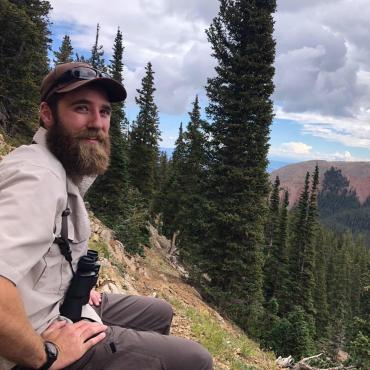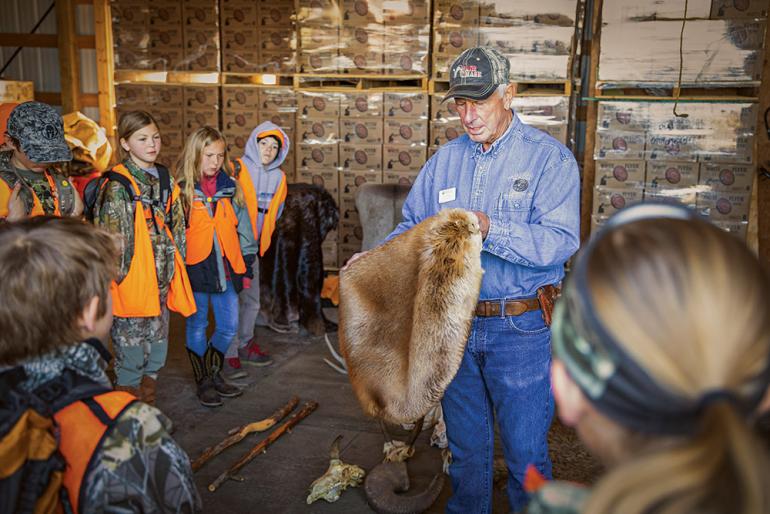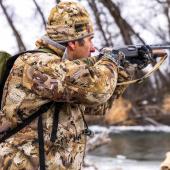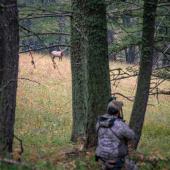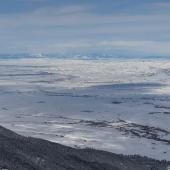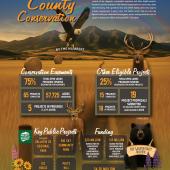Leading the Way
Hunter education depends on volunteers.
Fred King enjoys disconnecting from the busyness of life and reconnecting with himself each year through three traditions: cutting firewood, cutting a Christmas tree, and harvesting wild meat.
There’s something primitive and gratifying in the labor of being self-sufficient that’s worth passing on to the next generation, King says. And that third tradition—harvesting wild meat—is one he’s been passing on to thousands of people over the past 45 years as a volunteer hunter-education instructor.
“It allows me to emphasize why I am a hunter to those new students who are coming into the field with a lot of question marks,” King explains. “And here they stand in front of you, wanting to know anything they can possibly glean from you as a hunter-education instructor. That’s exciting to me.”
Montana Hunter Education began in the late 1940s with a handful of dedicated hunters who taught a voluntary safety program to reduce the number of hunting-related accidents. The Montana Legislature soon saw the program’s impact and importance and passed legislation in 1957 making it mandatory for young hunters.
Human safety remains at the heart of the program, but volunteer instructors have helped broaden the instruction to include ethics, wildlife biology, hunter-landowner relations, outdoor survival, and other empowering skills. As almost any hunter can attest, those skills can be hard to learn on your own, and attending an in-person hunter-education class and field day is the best opportunity to get started.
Jim Johnson, a hunter-education instructor of 22 years, put it this way: “One of the primary benefits to the hunter-education program is it takes people who have a long family tradition of hunting and puts them in the same room with people who don’t,” Johnson says, “and that knowledge gets transmitted laterally, in addition to up and down the generations.”
Look through time and across Montana, and you’ll find thousands of instructors who have deeply-rooted reasons for hunting and mentoring new hunters. For most, it’s a combination of love for the sport, teaching, hearing success stories from former students, and camaraderie with other instructors that fuel their desire to volunteer. Students who attend gain one-on-one coaching, hands-on practice, and seasoned advice from instructors.
Brian Koelzer started teaching bowhunter education 13 years ago. In many classes since, he’s seen a part of himself in the students who are “losing their minds” with excitement to start hunting.
“Archery has given me so much in my life, and it’s been such a rewarding thing for me,” Koelzer says. “I wanted to help share that, and if other people had the same bug I did, I could help push them in the right direction and get them going.”
What has hunting given you? Montana’s hunting legacy depends on volunteer instructors willing to give back through hunter and bowhunter education. To learn more or to apply, visit fwp.mt.gov/hunt/education.
Morgan Jacobsen is the public information officer for Montana Fish, Wildlife & Parks. To hear more from Montana hunter- and bowhunter-education instructors, watch the YouTube video “Hunter Education Instructors Wanted” by Montana FWP.


